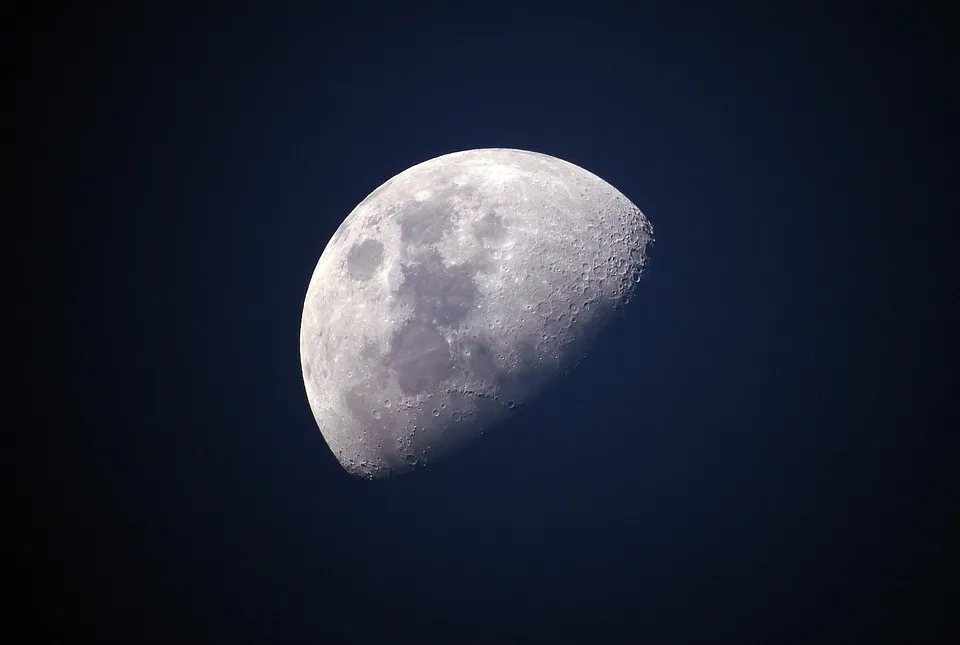
Although I'm a little late to the party, round one of the Information Finding Championship Season 2 contest is definitely something I wanna give a shot. If that wasn't exciting enough already, the topic this time around is also something that has been one of my favorite things to study: The Universe.
How convenient, lol.
I did in fact write a blog post several months ago about something similar titled "Imagining Life Beyond Earth - A Stargazer's Dream" which was also a winning entry for a writing contest organised by @averageoutsider in which I shared my love and curiosity for space exploration, finding alien life, and the vastness of the universe.
Well, today we will be talking about all that, and a lot more. So get your comfy chair and sit tight.
A Whole New World
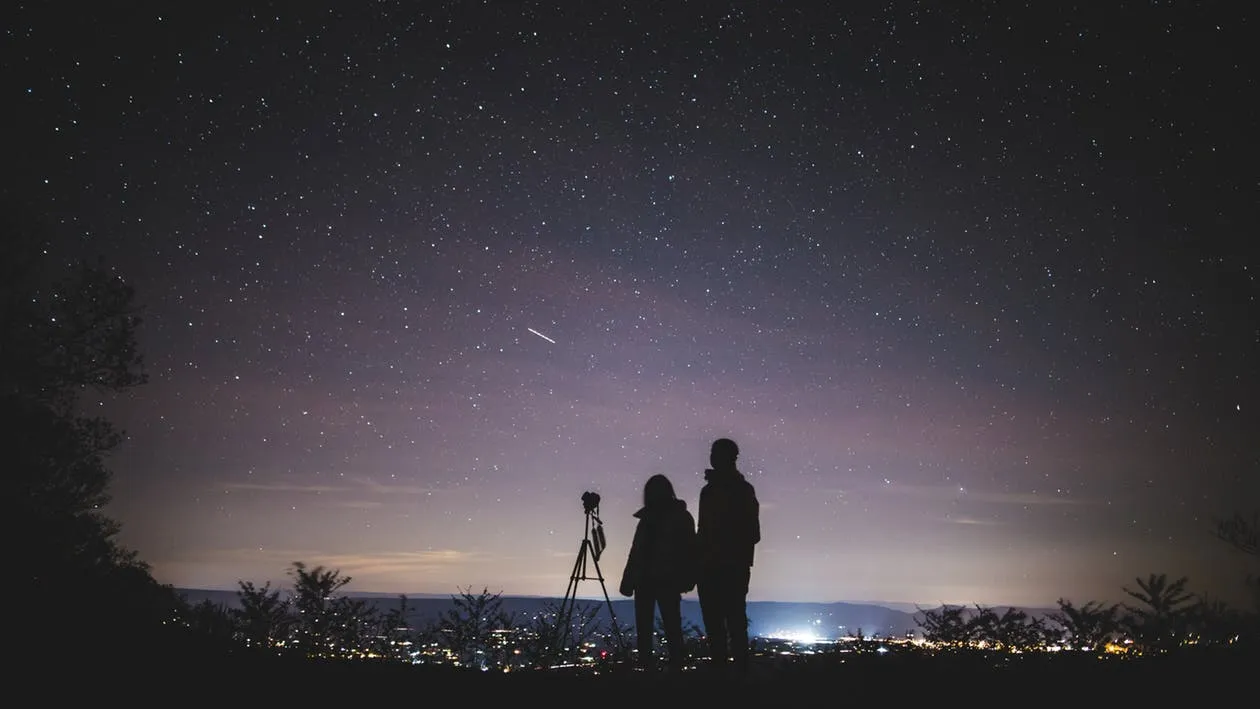
Remember how as a kid you used to look up at the night sky full of stars, pull your hand up and dream about how someday you will get to go there? Me too and apparently, so does all of humanity. Space exploration and understanding of our cosmos is something that we humans have been after since the very beginning of our civilization.
The only difference is that now, we have the potential and the resources to make these dreams of ours slowly become a reality. If you went back in time and somehow communicated with our ancestors and told them that man will one day walk on moon and set home on another planet, that would probably not be a smart decision because you would most likely not return home.
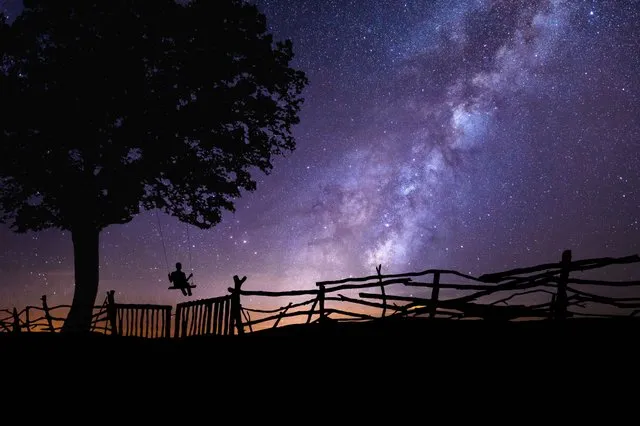
Jokes aside though, the rate at which we are making progress in this specific field is beyond amazing. Elon Musk, founder and CEO of SpaceX, predicted that we may even reach Mars as soon as 2025! If you really think about it, that's a relatively small amount of time when talking about something as dramatically big and expensive as colonizing an entirely new planet. Not a city, not a country, but an entire freaking planet!
We are at that point in time where we will get to witness some of the most brilliant and most memorable achievements of mankind, ones that will be a part of our history someday and students in the far far future will read and learn about this stuff in their books (if they don't bunk lectures) just like how we did about Neil Armstrong's first moon landing.
War Never Changes

But are we safe doing all this? Short answer: Hell no. Long answer: Depends from which perspective you are asking. If you are talking about the potential and inevitable failures of some of the projects, then no. If you are talking about alien life trying to dominate our world, still no. But this 'no' is less likely than the former one because upto this point in time, we haven't received any signals from the outer space that may indicate the presence of alien life near us.
This doesn't mean that alien life doesn't exist at all, though. I explained why in my older post. There can be so many reasons why we haven't got a signal yet. For one, the distance. Space is so incredibly massive that even if they did send us any kind of signal, it would take millions or billions of years to reach us, not to mention how frequencies start to fade as they travel long distances.
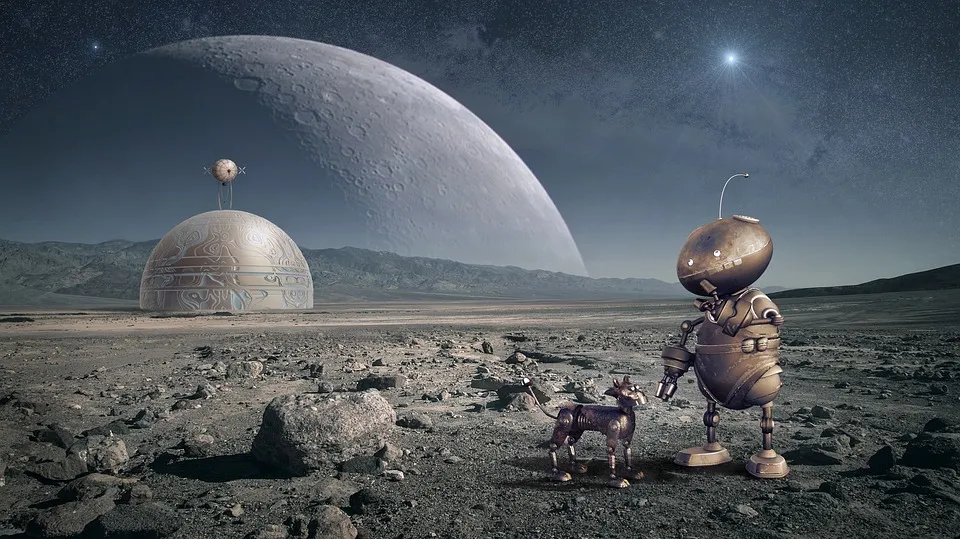
But if we do find them or if they find us somewhere in the far future, when mankind is able to explore the space at its will and develop extremely complicated and powerful systems to sustain life in the harsh conditions of space, it would probably not be a friendly meet-and-greet. In fact, the chances of an intergalactic war are rather higher. Our greatest discovery might become our most horrifying doom.
The reason? Survival. Civilizations, ours or alien, sooner or later, will look for new planets where they can set up new homes and exploit resources of that planet to sustain life, until they eventually use up all of the resources of that new planet and jump to the next one to do the same as the cycle repeats.
Now, the problem is, if there really are other intelligent civilizations out there, they too will look for new homes just like us and there will come a time when we will have to compete with them to gain control over planets, stars and even entire galaxies if we want to survive as resources are limited and only one civilization can win the battle to survival, until it too dies off eventually as the universe keeps expanding and dark energy takes over gravity.
Sigh, that's some heavy stuff, isn't it?
The End Game
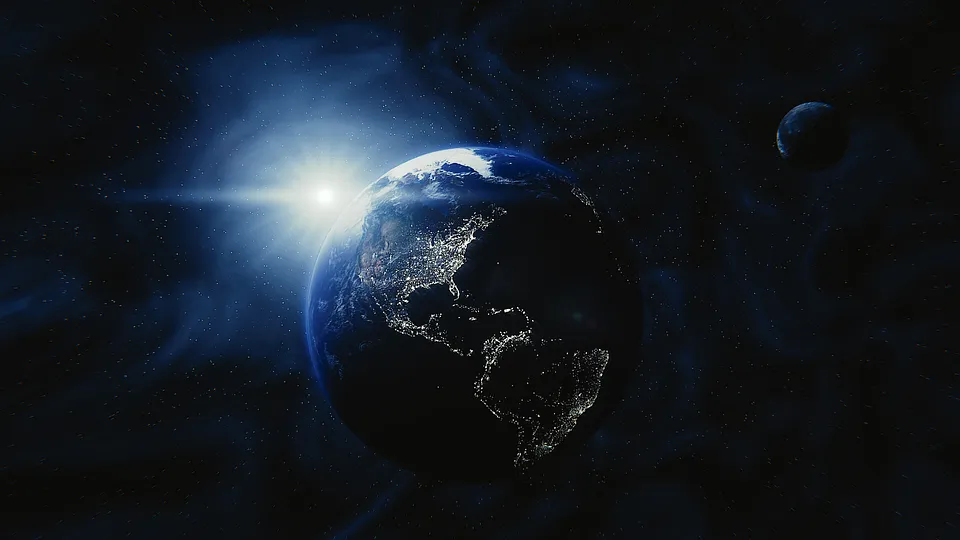
Mankind has always been fascinated with the idea of "what lies beyond" and always will be. It's in our very nature of being to want to span out, to unfold our arms and to reach. This drive and this curiosity of ours, though being the reason for countless deaths and misfortunes, is the last thing that keeps us going.
It's that exploratory itch to want to know, to want to reveal secrets, to confront the ultimate truth of everything that defines us more than anything else in this world. We will keep trying no matter what. We will gladly fight an entire alien civilization if it means getting to live, explore, and learn for just a little while longer.
Remember to look up at the stars and not down at your feet.
- Stephen Hawking
(1942-2018)


Follow Me: @ayushjalan
All images are taken from Pixabay